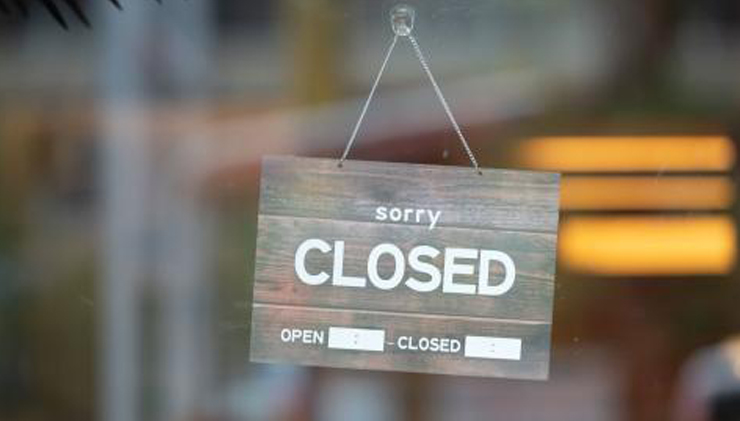 Class Codes and Tip Practices: New Requirements and Exposures for Restaurants
Class Codes and Tip Practices: New Requirements and Exposures for RestaurantsFor restaurant owners struggling to keep their bottom lines healthy, few things are as frustrating as racking up unnecessary costs. When it comes to wage and hour claims, those costs can quickly become financially devastating.
One litigation trend that’s increasingly involving restaurant owners across the country involves “side work” lawsuits. These suits are brought by employees who receive a tip-credit wage, alleging that their employers required them to perform too many non-service duties such as sweeping floors, washing dishes, slicing fruit, cleaning and setting tables and making coffee.
Consider just a few cases from 2016:
- A collective action lawsuit was brought against Darden Restaurants, the world’s largest full-service restaurant group with brand names that include Longhorn Steakhouse, Olive Garden, and Red Lobster alleging that Darden violated the Fair Labor Standards Act (FLSA) by paying many of its servers below minimum wage and failing to compensate servers for time working off the clock.
- The Ruby Tuesday restaurant chain was hit with a class action lawsuit involving thousands of workers at 658 restaurants nationwide who claimed that the restaurant underpaid them and didn’t compensate them for performing side work.
- Nearly 10,000 workers sued Chipotle for allegedly forcing them to work extra hours off the clock without pay. The lawsuit alleged that Chipotle is engaging in this practice at locations across the United States.
How can you minimize the chance of a costly wage and hour claim?
1.Follow the FLSA. First and foremost, closely follow the federal Fair Labor Standards Act (FLSA) and other state and local wage and hour laws to stay current with any changes.
2.Get versed on side work standards. While some side work is a normal part of the job for tip-credit restaurant employees, it should not exceed 20 percent of a worker’s time according to an article in Food and Beverage Magazine. The article reports that the DOL has found more than 1,500 cases of tip-credit violations resulting in nearly $15.5 million in back wages. If side work exceeds 20 percent of the worker’s time, the worker should be compensated at the state-mandated minimum wage. For example, in a five-hour shift, a tip-credit employee should not spend more than one hour on non-service work.
3.Adjust your scheduling, timekeeping and compensation practices. You may want to implement new policies requiring employees to clock in and out when transitioning between side work and service work, so you can pay them appropriately for each. Or, change scheduling procedures so you have minimum wage employees available to handle any non-service work so that tip-credit employees can focus solely on service tasks. Educate your managers on the importance of these procedures.
4.Watch out for tip pooling. In another common lawsuit trend, tipped employees claim that the tip pool is diluted by non-service employees who already earn minimum wage. If your restaurant has a tip pool, enforce a strict policy and allow those who customarily earn tips to participate.
5.Document everything. If a claim is filed against you, it’s essential to have a comprehensive paper trail to clearly document any situations that have come up with employees and what steps have been taken to correct the situation.
It’s also a good idea to protect your business with Employment Practices Liability insurance. Contact the hospitality insurance professionals at Heffernan Insurance Brokers to learn more.



